Insights from HIMSS24 Europe: A Transformative Experience
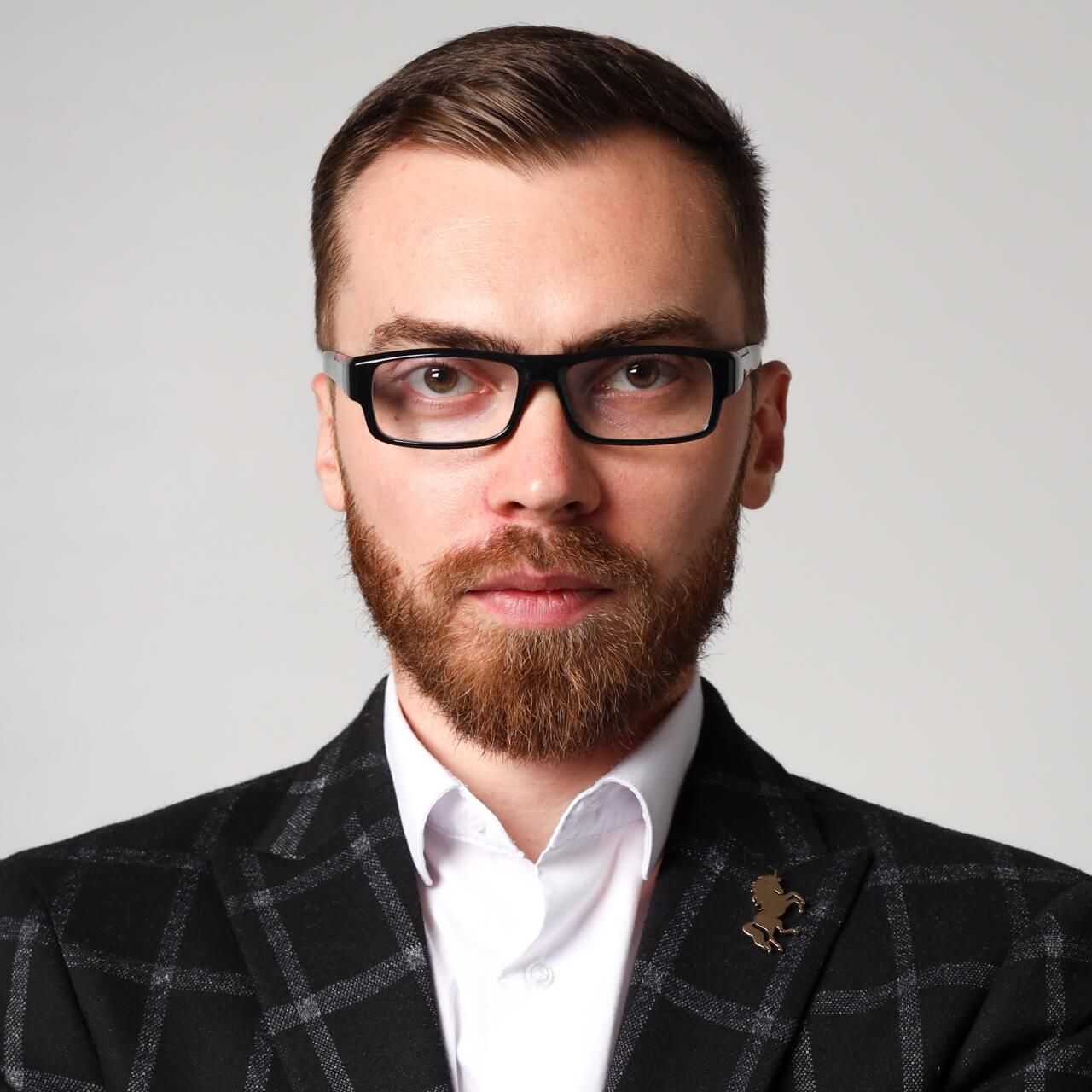
-
Published:02 June 2024
-
Updated:03 June 2024
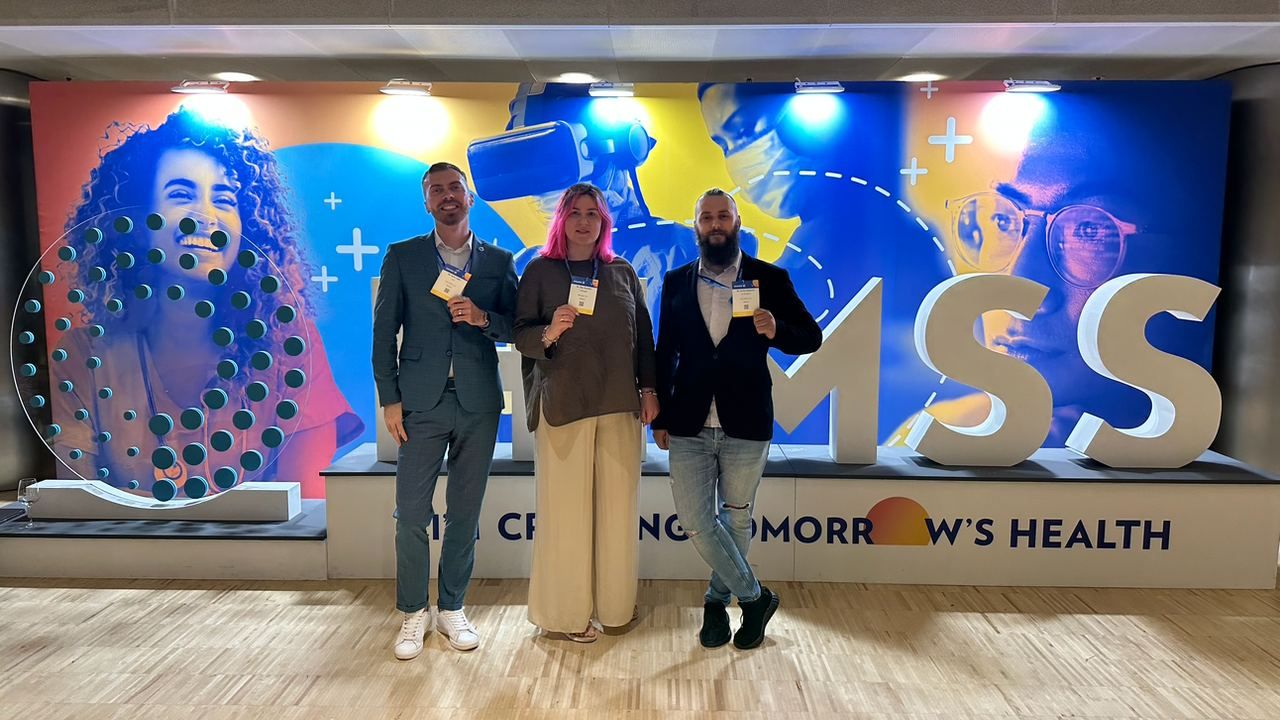
Hello everyone!
Just a few days have passed since the HIMSS24 Europe conference, and we're excited to share the knowledge we gained at this event.
This year, the conference was held at Centro Congressi Roma La Nuvola. It lasted for three days and gathered over 3,000 participants, including speakers, startup founders, and healthcare leaders. Interestingly, this venue hosted the G20 leaders' meeting in 2021.
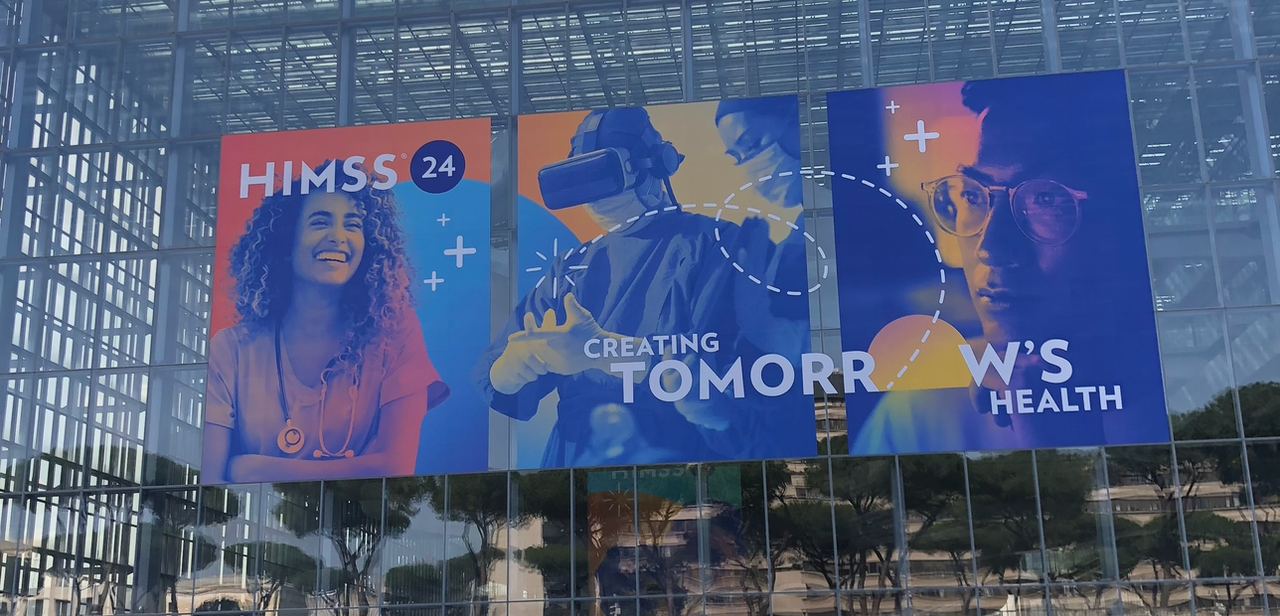
The level of the event was truly impressive. Speakers included the CEO of HIMSS Harold Wolf, the Minister of Health of Italy Orazio Schillaci, the Mayor of Rome Roberto Gualteri, the Minister of Health of the Netherlands Abigail Novarville, and many others.
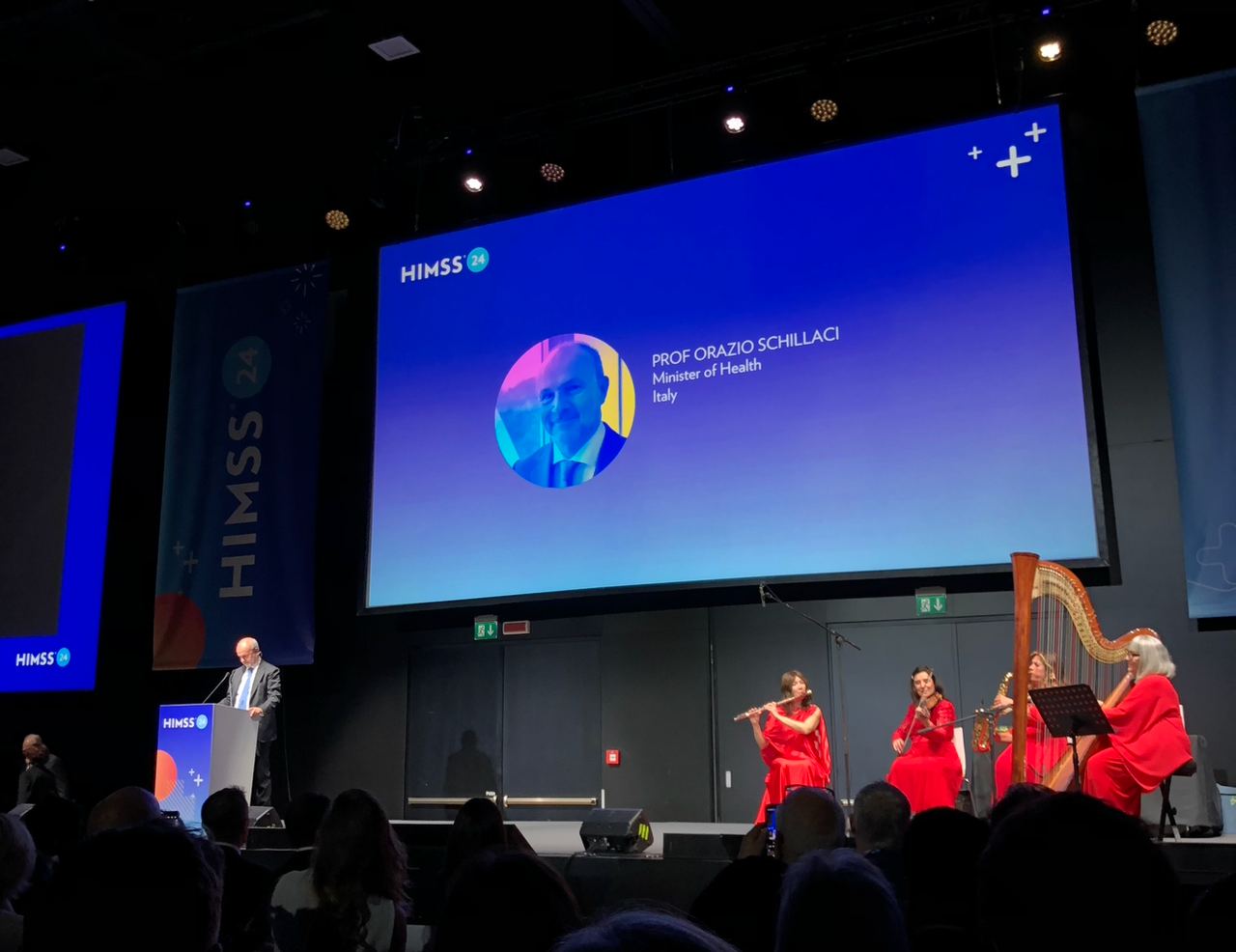
From morning till evening each day, there were speaker presentations, plenary sessions, and discussions, alongside an active exhibition pavilion. Admittedly, it was challenging to attend all the lectures, but we divided our efforts and strived to get the most out of the event.
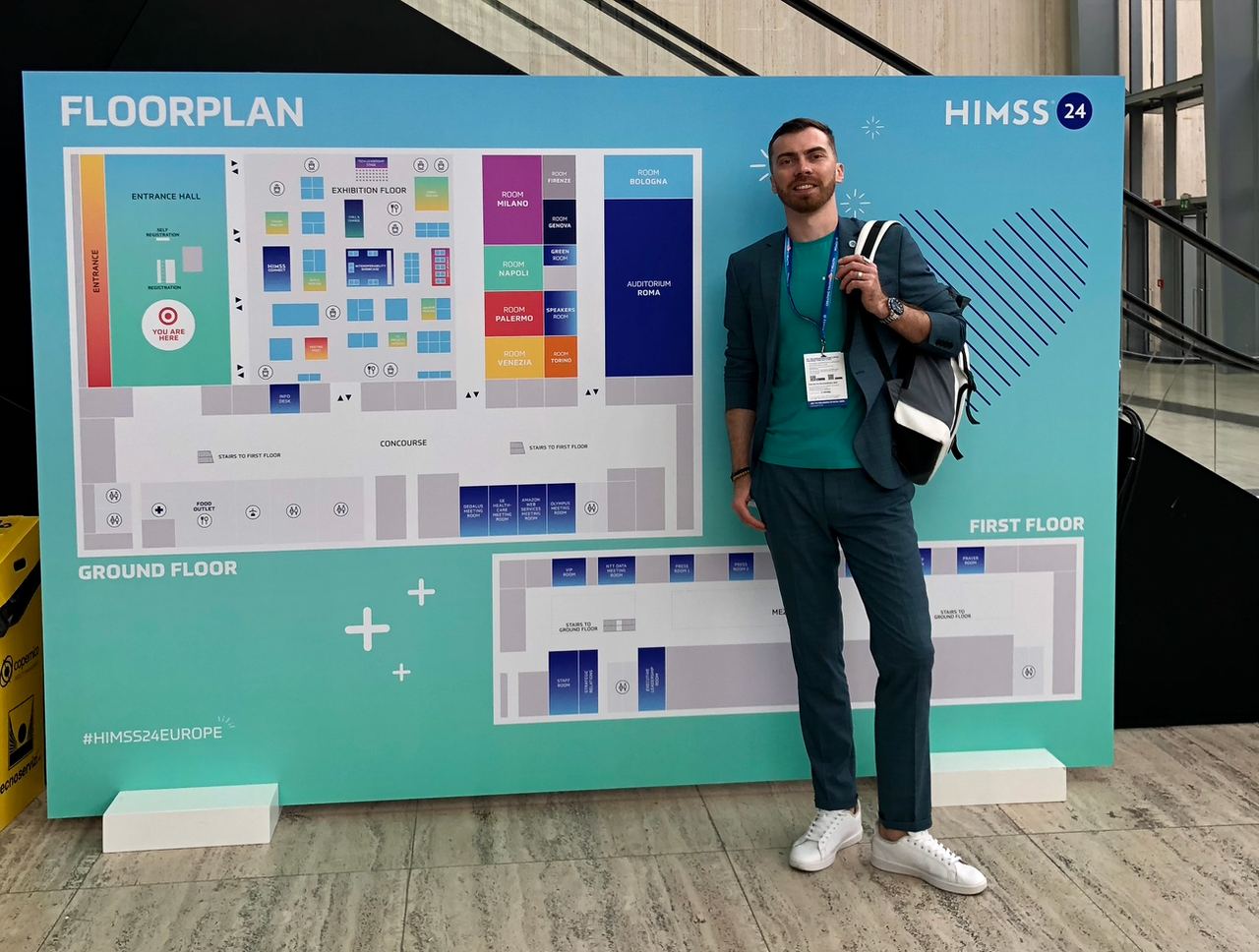
What was the focus of HIMSS this year?
All activities were aimed at improving the healthcare system, specifically:
- Optimizing appointment scheduling processes
- Integrating telemedicine
- Managing patients online
- Reducing bureaucratic burdens on doctors
- Utilizing artificial intelligence
- Training specialists using virtual reality
and much more.
Now, let's delve a bit deeper.
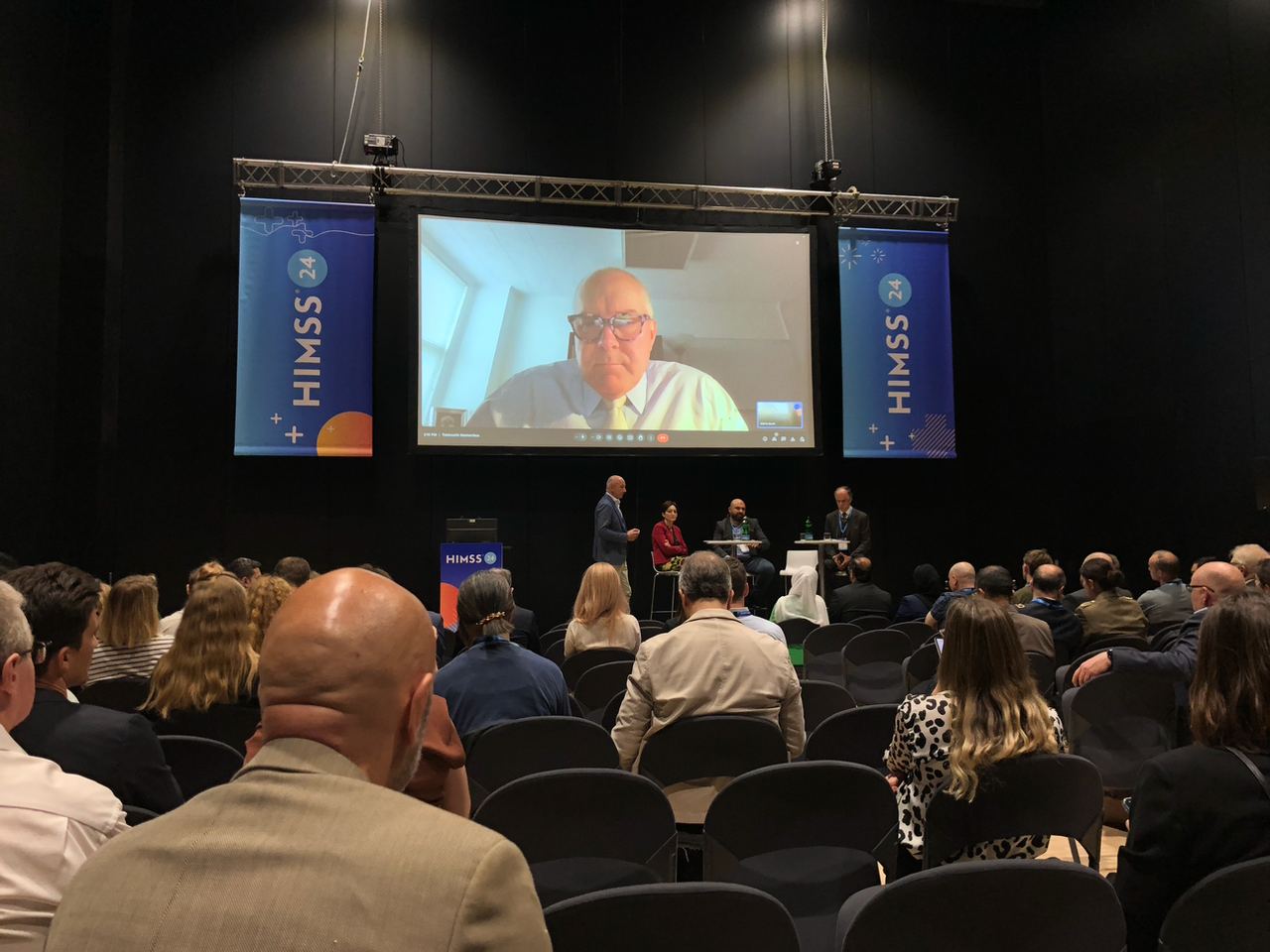
Telemedicine Workshops
This year, the HIMSS telehealth community workshops provided an opportunity to learn from colleagues in Europe and the Middle East. The session showcased innovative real-world examples of telehealth usage worldwide, such as a team of doctors from Germany overseeing surgery in Italy.
How Is Healthcare Supported in Low-Resource Countries?
Half of the world lacks access to essential medical services, and a staggering 8.5 million people die annually from treatable diseases. The World Telehealth Initiative (WTI) aims to change this by combining modern virtual technologies and philanthropy. Sharon Allen, co-founder and executive director of WTI, joined conference host Isabelle Kumar to discuss the pioneering work of her organization. WTI has developed an innovative model to provide sustainable medical knowledge to low-resource communities, using an Uber-like platform to notify volunteer doctors of "vacancies" posted by their needy colleagues. Volunteers work just one hour a month, making this model very sustainable. Currently, WTI partners with Ukraine, sub-Saharan African countries, South Asia, and other vulnerable regions, offering didactic sessions, surgical mentorship, clinical support, and emergency care. Charitable telehealth serves a dual purpose: supporting doctors and patients in vulnerable regions and addressing physician burnout in developed countries.
AI in Daily Medical Practice
We saw demonstrations of how AI processes real-time conversations between doctors and patients and instantly fills out all medical documentation. This reduces the administrative burden on doctors and improves the quality of care provided.
How Technology and AI Are Transforming Healthcare
A technology for a cloud-based medical record that collects all of a person's medical information was showcased.
Medical Care Beyond Hospital Walls
Demonstrations showed how home care is provided through virtual wards and remote monitoring of emergency care. Examples from the UK and Italy highlighted the expansion of primary healthcare services to underserved rural communities, ensuring equal access to essential medical services. This approach ensures continuity of care, mitigates complications, and promptly identifies patient deterioration, thereby facilitating timely adjustments to treatment plans and reducing the likelihood of rehospitalization.
Summary
We are genuinely pleased to have the opportunity to participate in such conferences and gain knowledge beyond the realm of men's health. This knowledge broadens our horizons and opens doors to a world of broader possibilities in human health. We will definitely seize these opportunities.
For now, our journey continues. Next stop – Munich and the health.tech conference.
We’ll be back soon with more news. Stay tuned!
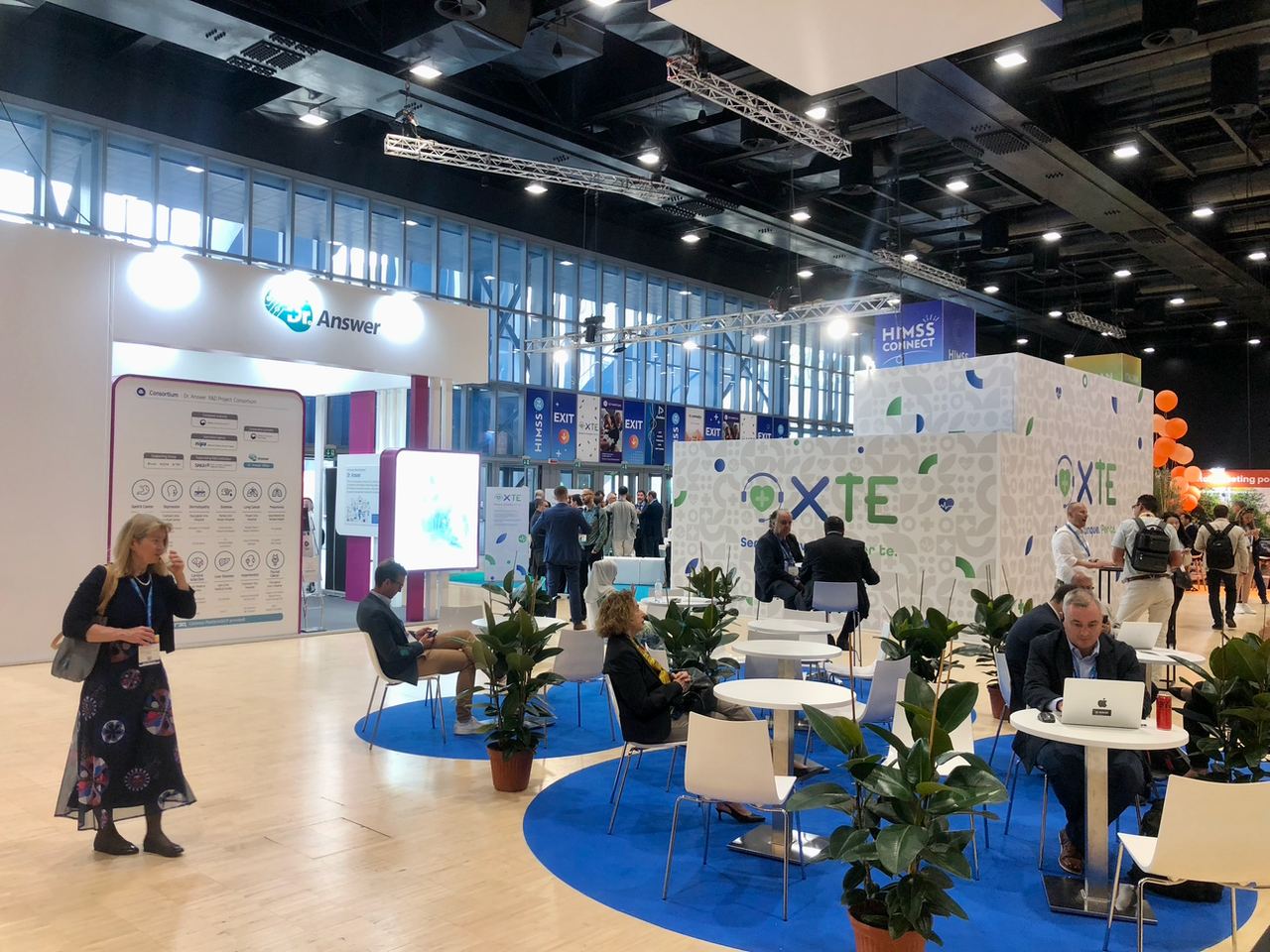
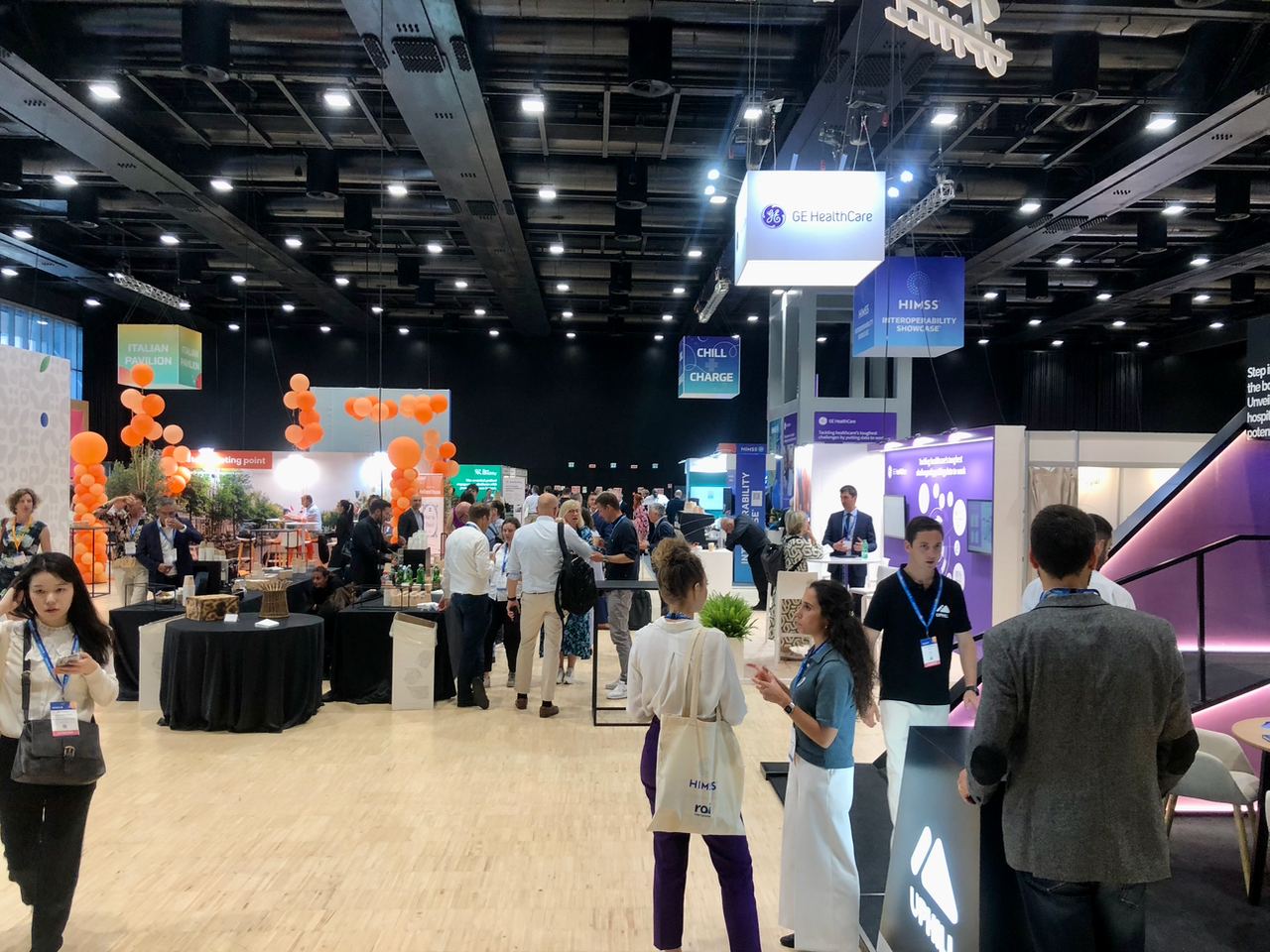
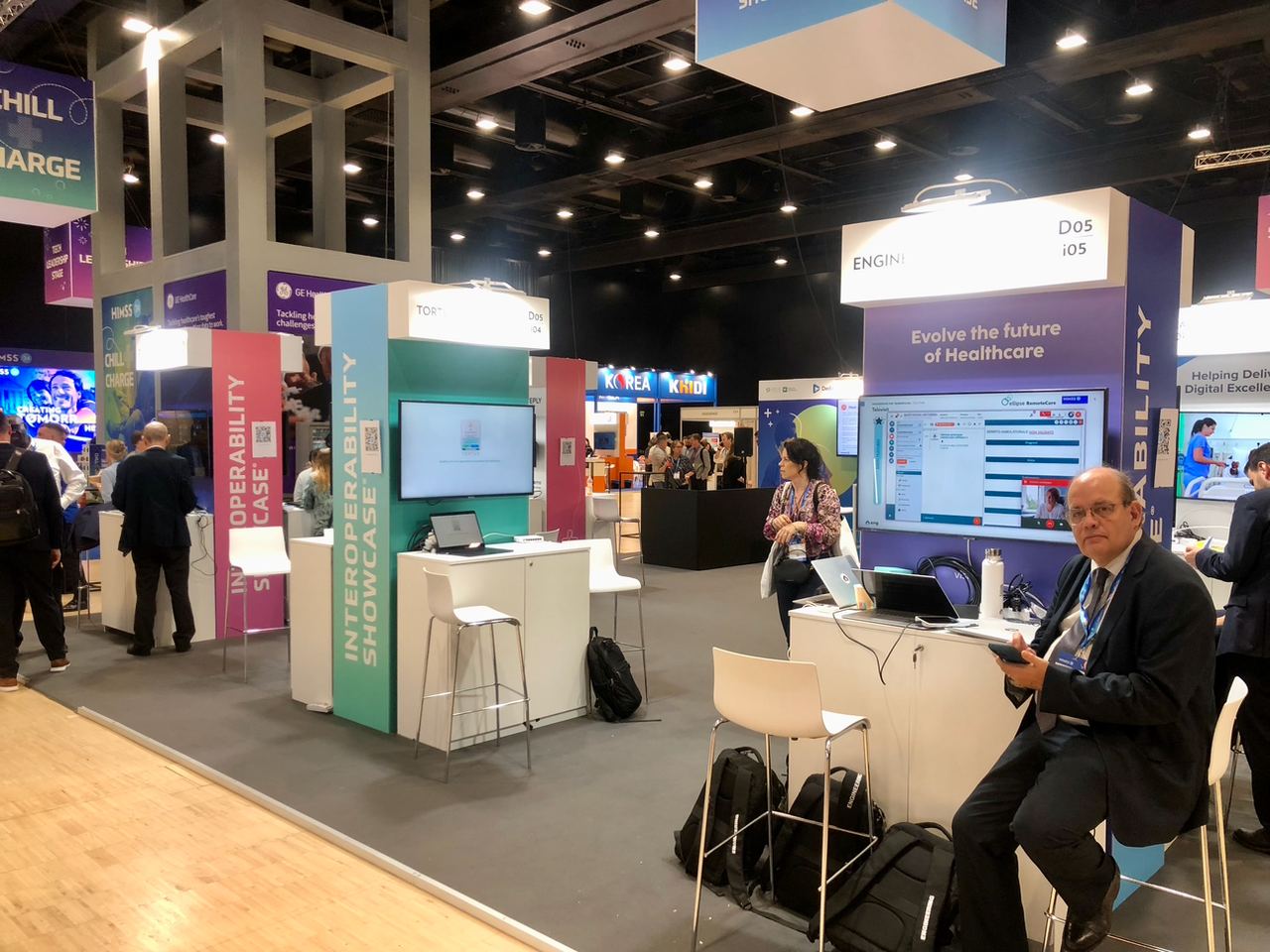
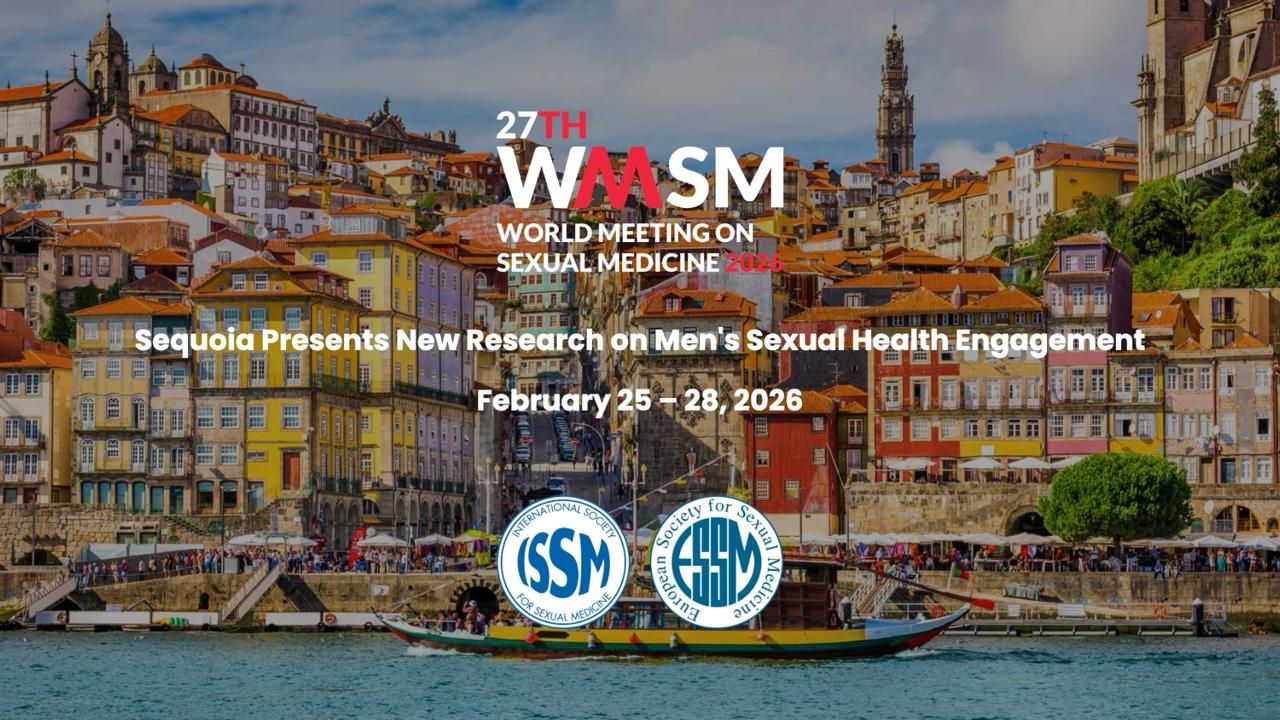
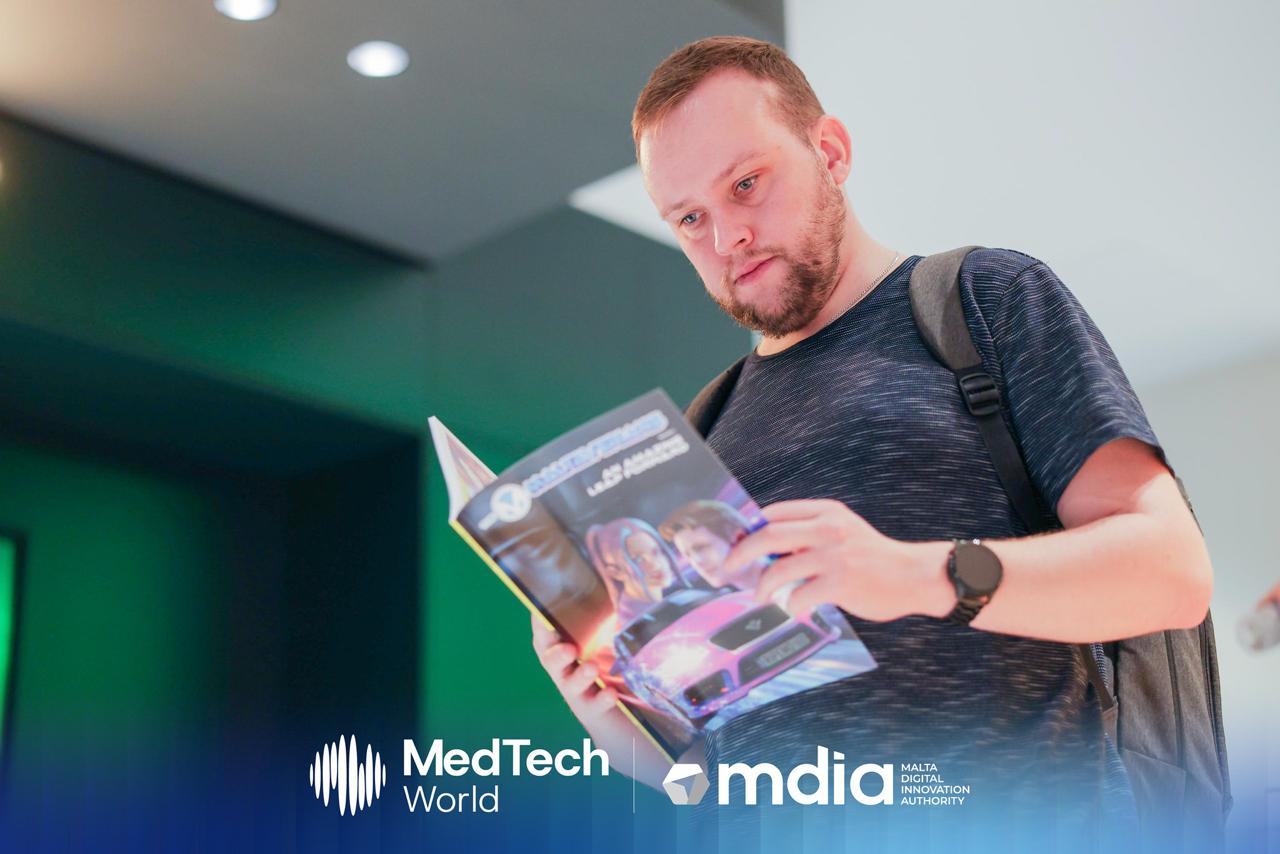




.svg)
.svg)
